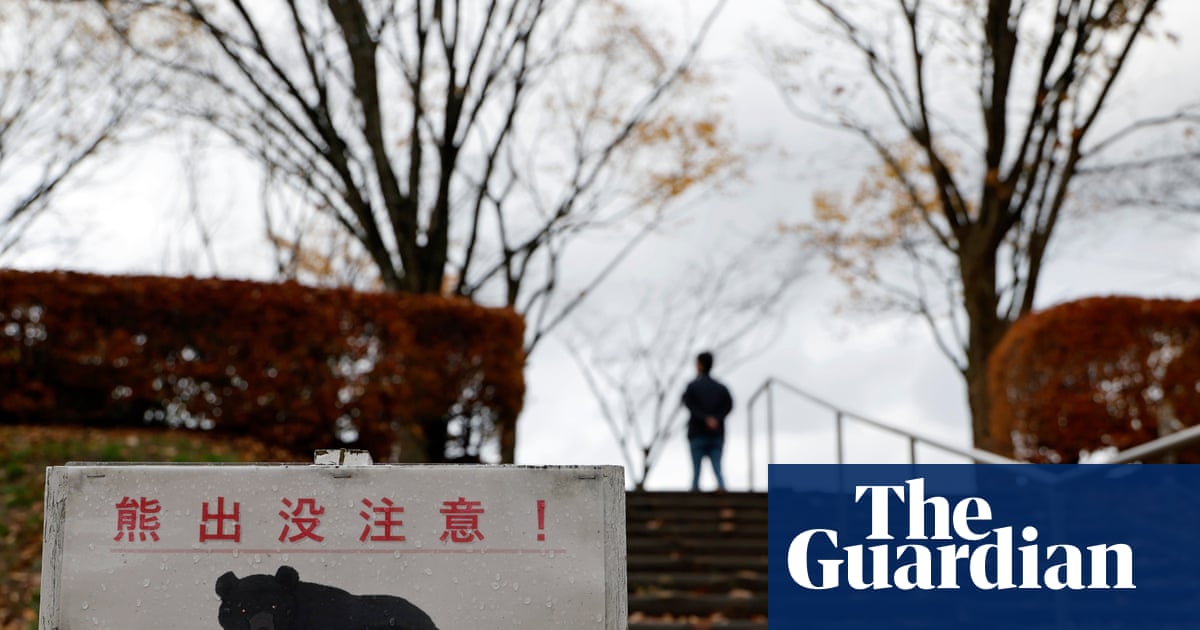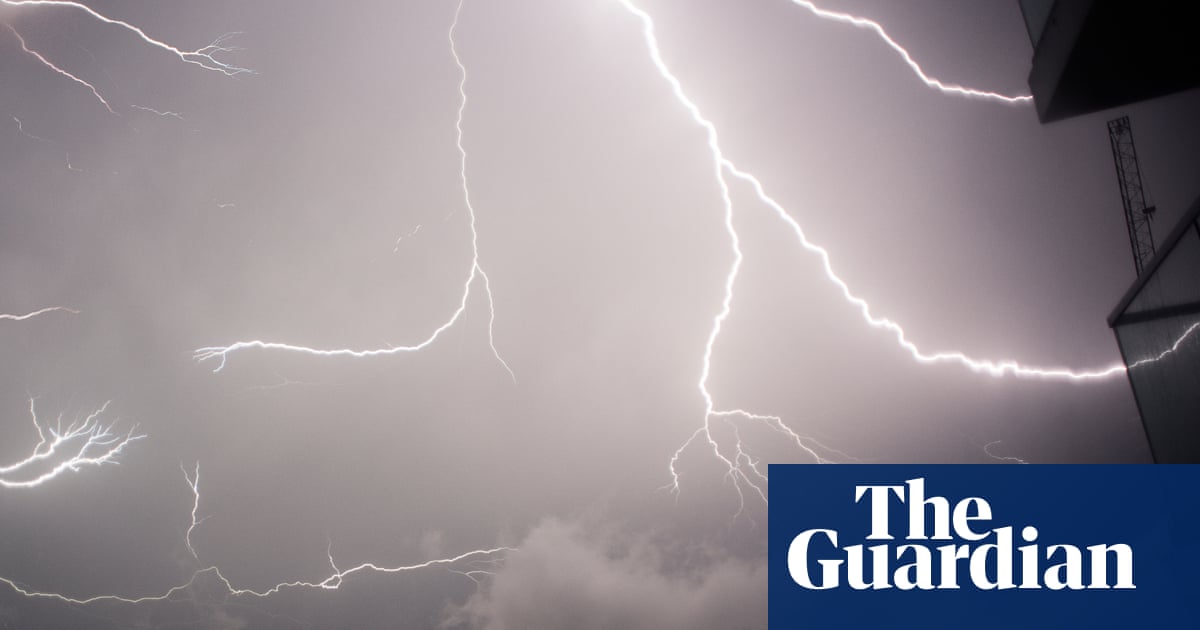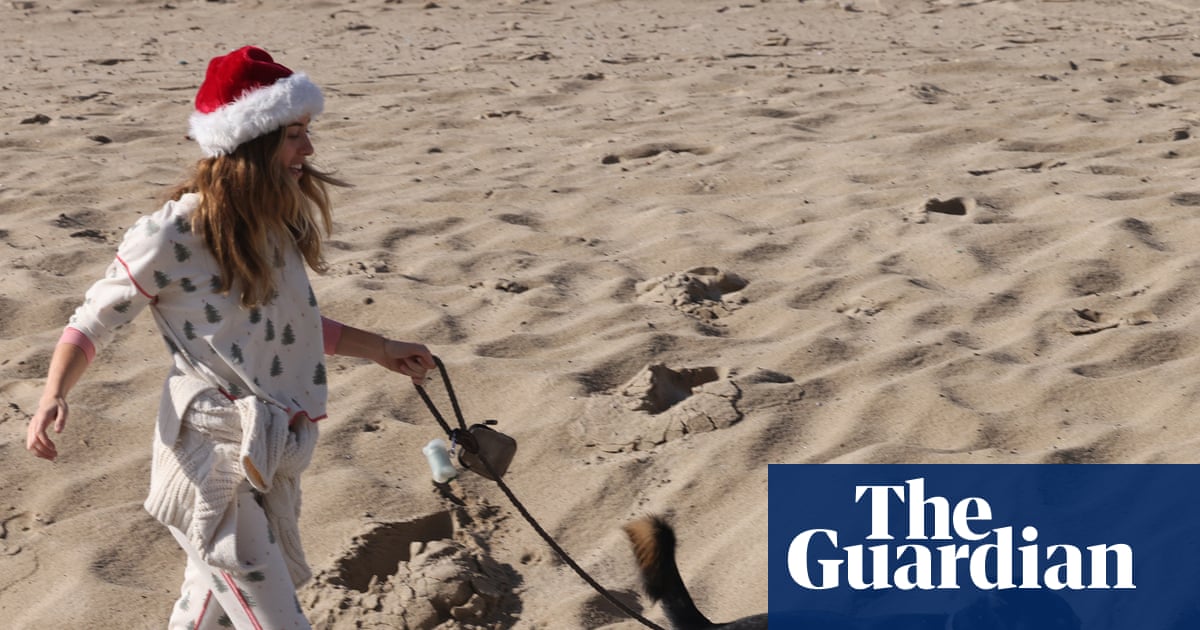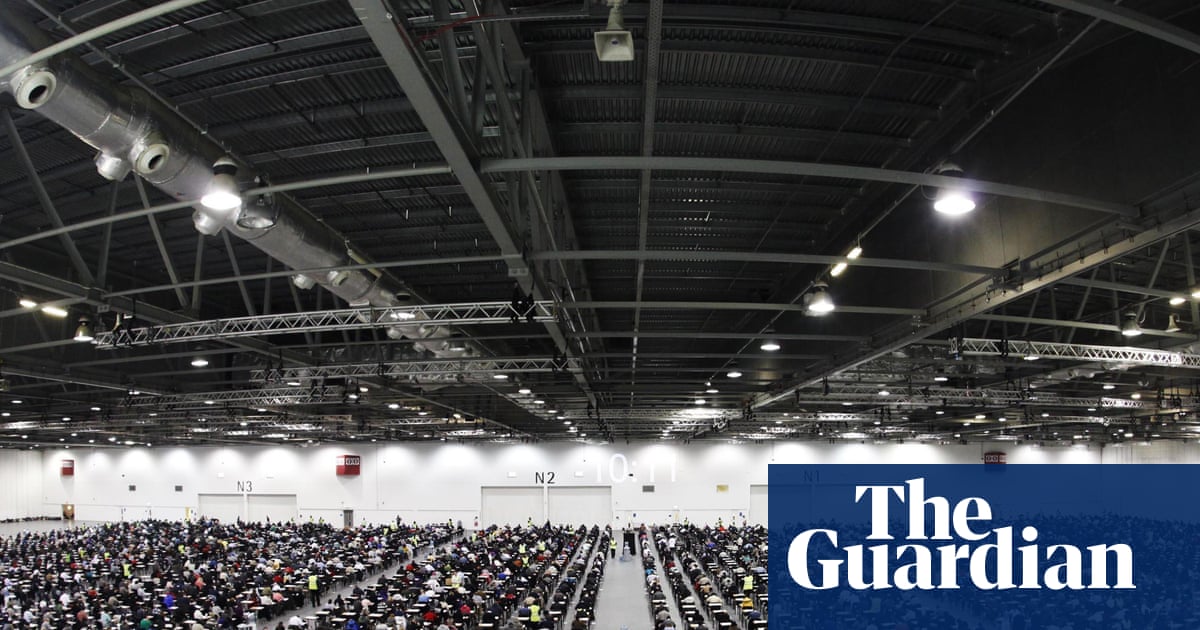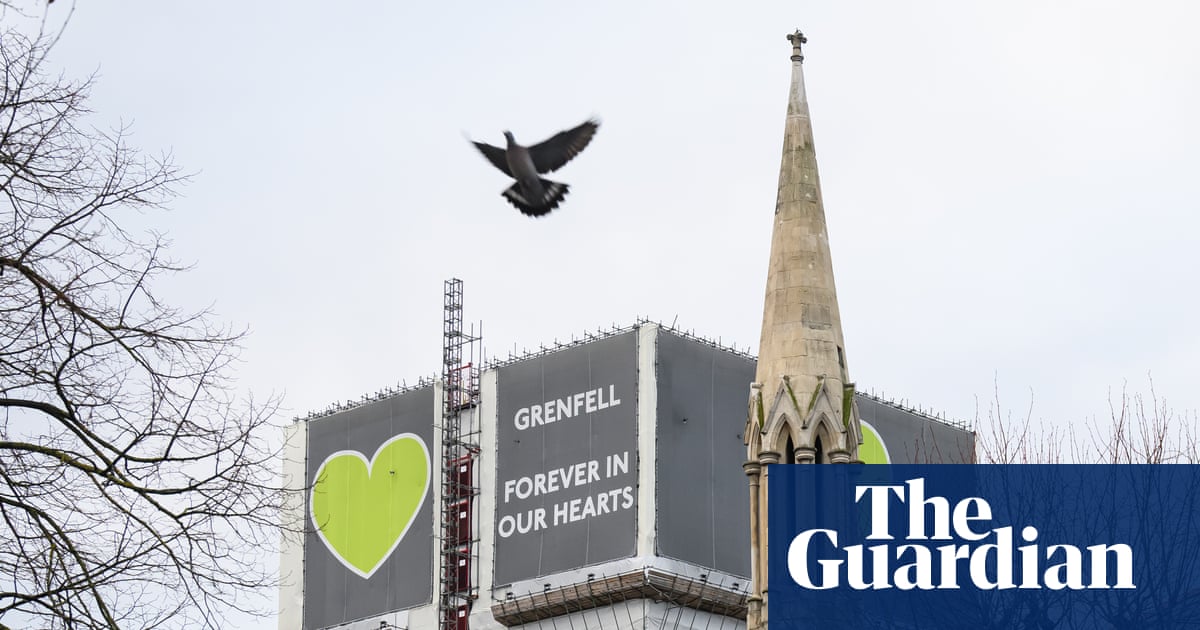Burning on England’s deep peat will be banned in order to restore habitats for rare wildlife and reduce air pollution and flooding, the government has said.
England’s peatlands are in poor shape due to having been drained, burned, intensively drained and used as grouse moors. They naturally act like a sponge, with layers of moss and other vegetation, and store vast amounts of carbon: an estimated 3.2bn tonnes in the UK alone.
When they are in a dried-out state, they do not hold water, which can contribute to flooding of communities downstream. They also release carbon into the atmosphere, rather than storing it.
According to government data, 80% of peatlands across England are dried out and deteriorating. Vegetation on peatland is often burned to create habitat for grouse, which like to feed on the fresh shoots of new plants that grow after the burn. This increases the number of birds available to be shot for sport. Burning the peat can also kill wildlife, such as adders, toads, and ground-nesting birds.
The previous Conservative government announced rules to ban the burning of some peatland areas. But experts argued the rules were not fit for purpose and left precious habitats and carbon sinks vulnerable to destruction.
The legislation banned the burning of vegetation on areas of deep peat (more than 40cm depth) on a site of special scientific interest (SSSI) that is also a special area of conservation or a special protection area, unless a licence has been granted or the land is steep or rocky. This left many areas of deep peat unprotected. Countryside groups complained at the time that the government was “attacking grouse shooting” and the Countryside Alliance lobbied against a ban.
Under the new rules, which come into force from 30 September, the burning ban will be extended to all peat over 30cm deep, not just on SSSIs, and will cover 676,628 hectares of deep peat – up from the current 222,000 hectares.
Environment minister Mary Creagh said: “Our peatlands are England’s Amazon rainforest – home to our most precious wildlife, storing carbon and reducing flooding downstream. Burning on peatland releases harmful smoke ruining local air quality and damaging the precious ecosystems found in these iconic landscapes. Restricting burning will help us restore and rewet peatlands. These new measures will create resilient peatlands that are naturally protected from wildfires.”
Beccy Speight, chief executive of the RSPB, said: “Extending the ban on burning over peat in the English uplands is a hugely positive step forwards towards protecting these precious habitats and reducing carbon emissions. Burning them is bad for nature, for the climate, for water quality and for managing flood risk.”

 3 months ago
90
3 months ago
90


